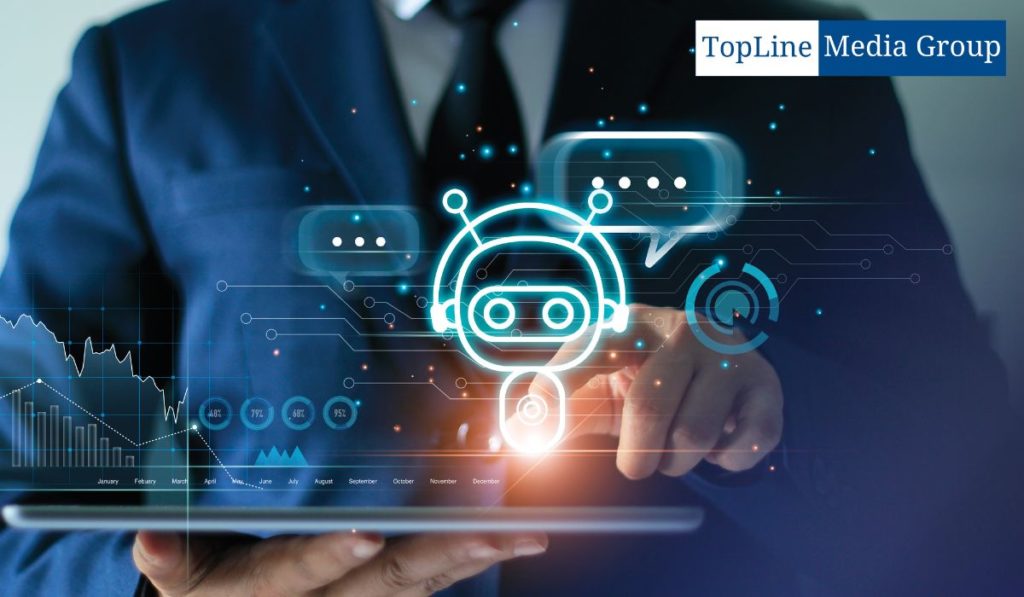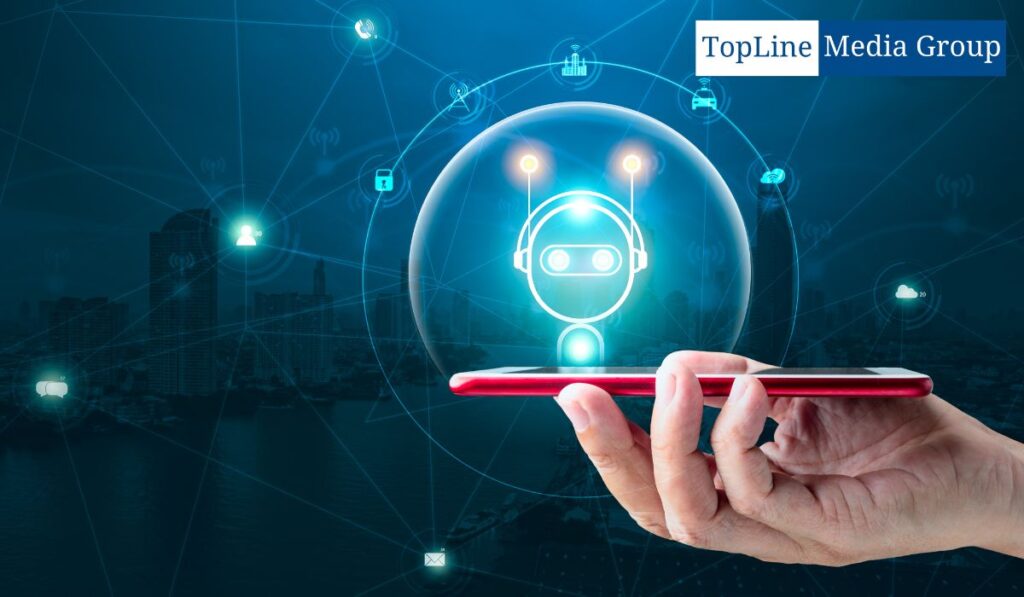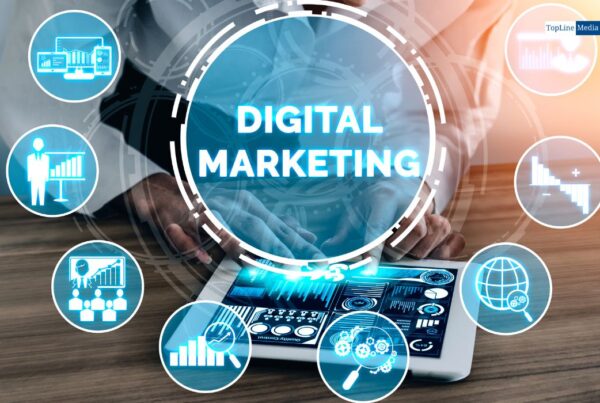Artificial intelligence (AI) has emerged as a game-changer in the rapidly evolving digital marketing landscape. With its ability to analyze vast amounts of data, automate processes, and deliver personalized experiences, AI transforms how businesses engage with their audiences. In this article, we will explore the role of AI in digital marketing and uncover advanced strategies to harness its power for success.
Understanding AI in Digital Marketing
AI for digital marketing refers to integrating intelligent technologies and algorithms to enhance marketing efforts. It encompasses various aspects, including data analysis, customer segmentation, content creation, customer relationship management (CRM), advertising, and search engine optimization (SEO). By leveraging AI, marketers can gain valuable insights, streamline operations, and deliver highly targeted campaigns.
Leveraging AI for Customer Segmentation
Customer segmentation plays a vital role in effective marketing campaigns. AI-powered tools can analyze customer data, such as demographics, behavior, and preferences, to identify distinct segments. By understanding the unique characteristics of each piece, marketers can tailor their messaging, offers, and advertisements to maximize relevance and engagement.
 AI-Driven Content Creation and Optimization
AI-Driven Content Creation and Optimization
Creating compelling content is a cornerstone of digital marketing success. AI can assist in generating and optimizing content by analyzing user behavior, search trends, and competitor insights. AI-powered tools can suggest relevant topics, develop personalized recommendations, and even automate content creation processes. Additionally, AI can optimize content by analyzing performance metrics, keyword trends, and user feedback, enabling marketers to refine their strategies and boost content effectiveness.
AI-Enabled Customer Relationship Management (CRM)
Managing customer relationships is vital for long-term business success. AI-powered CRM systems offer advanced capabilities for gathering, organizing, and analyzing customer data. These systems can automate tasks, provide personalized recommendations, and enable seamless customer interactions across multiple channels. By leveraging AI in CRM, businesses can enhance customer experiences, strengthen relationships, and drive customer loyalty.
Maximizing ROI with AI in Advertising
Advertising is an essential component of digital marketing, and AI is revolutionizing how ads are created and delivered. AI-powered advertising platforms utilize machine learning algorithms to optimize ad targeting, bidding strategies, and creativity. These platforms can analyze user data in real-time, enabling precise audience targeting and maximizing advertising campaigns’ return on investment (ROI).
Exploring AI in Voice Search and SEO
The rise of voice assistants and smart devices has increased the importance of voice search and SEO. AI plays a significant role in understanding and interpreting user voice queries, providing accurate search results, and optimizing content for voice-based interactions. By incorporating AI in voice search and SEO strategies, businesses can improve their visibility, enhance user experiences, and stay ahead in the digital landscape.
FAQs
How does AI impact digital marketing strategies?
AI profoundly impacts digital marketing strategies by automating processes, providing data-driven insights, enabling personalization, and optimizing campaign performance. It enhances efficiency, accuracy, and effectiveness, allowing marketers to achieve better results and drive business growth.
What are some popular AI tools for digital marketers?
Popular AI tools for digital marketers include chatbots for customer support, AI-powered analytics platforms for data analysis, content generation tools, AI-enabled CRM systems, programmatic advertising platforms, and voice search optimization tools. These tools empower marketers to leverage AI capabilities in their campaigns and achieve desired outcomes.
Can AI replace human marketers?
 While AI brings advanced automation and intelligence to digital marketing, it can only partially replace human marketers. Creativity, strategic thinking, and emotional intelligence are invaluable in developing marketing strategies, understanding customer nuances, and building authentic connections. AI is a powerful tool to augment human efforts and enhance marketing performance.
While AI brings advanced automation and intelligence to digital marketing, it can only partially replace human marketers. Creativity, strategic thinking, and emotional intelligence are invaluable in developing marketing strategies, understanding customer nuances, and building authentic connections. AI is a powerful tool to augment human efforts and enhance marketing performance.
How can AI improve customer targeting and personalization?
AI improves customer targeting and personalization by analyzing vast amounts of customer data, identifying patterns and preferences, and segmenting audiences accurately. AI-powered algorithms can deliver personalized recommendations, content, and offers based on individual user behavior, interests, and demographics, enhancing customer experiences and increasing engagement.
What are the ethical considerations for using AI in marketing?
When using AI in marketing, ethical considerations include:
- Ensuring transparency in data usage and privacy practices.
- Obtaining proper consent for data collection.
- Avoiding biased algorithms that perpetuate discrimination.
- Maintaining the security of customer information.
Marketers must prioritize ethical standards and comply with relevant regulations to build trust with their audience.
Conclusion
AI has become an indispensable tool for digital marketers, offering advanced capabilities to streamline operations, enhance personalization, and maximize marketing effectiveness. By understanding the various applications of AI in digital marketing, businesses can leverage its power to gain a competitive edge, deliver impactful campaigns, and foster meaningful connections with their target audience.




